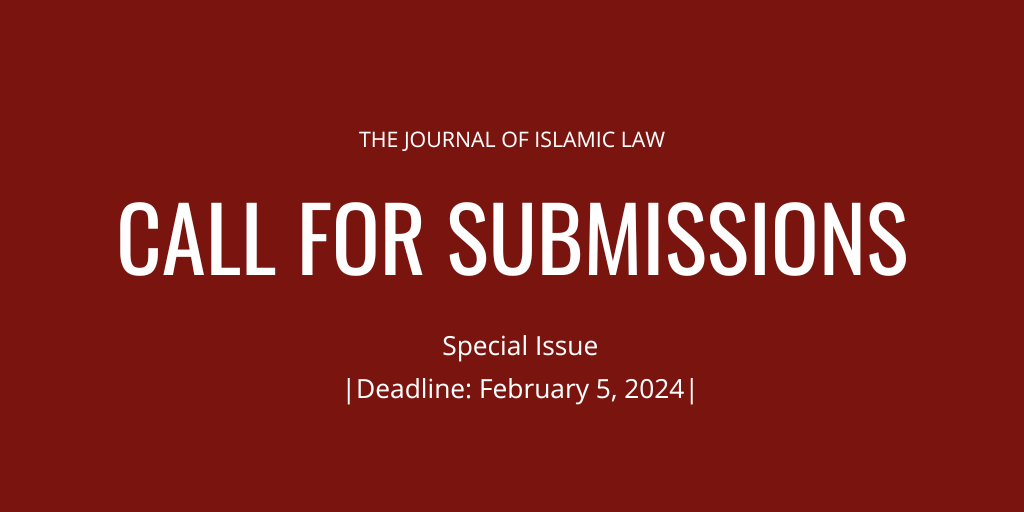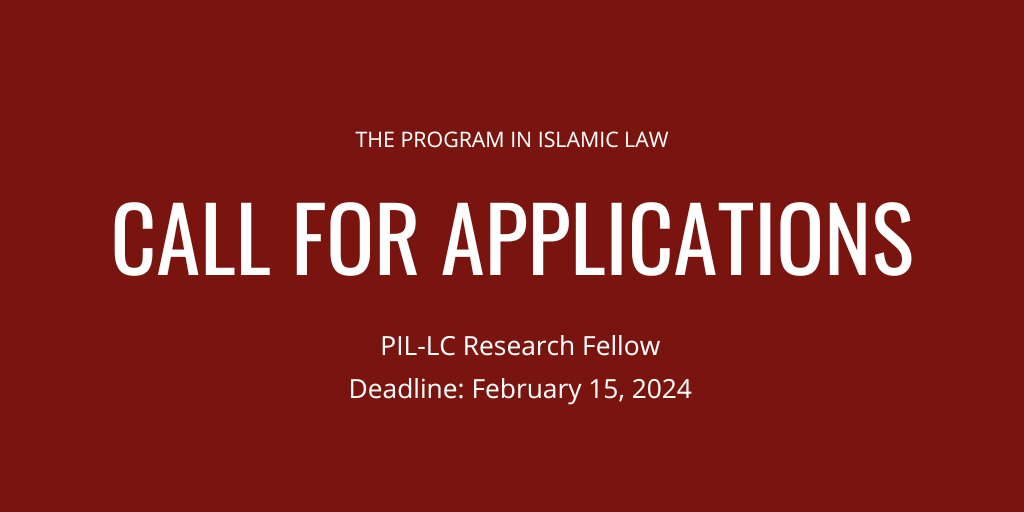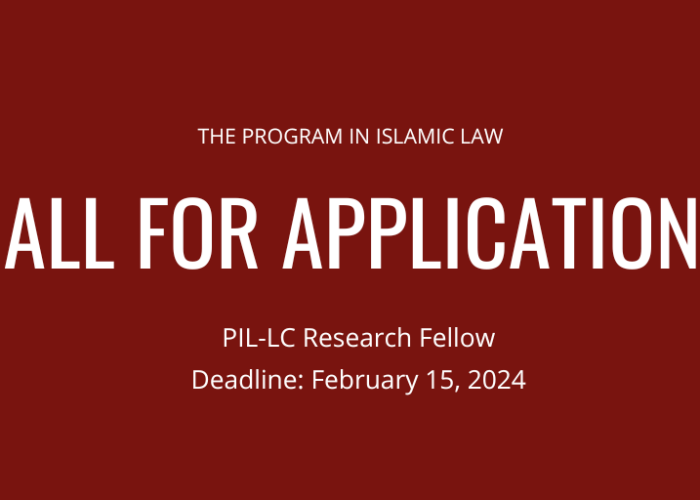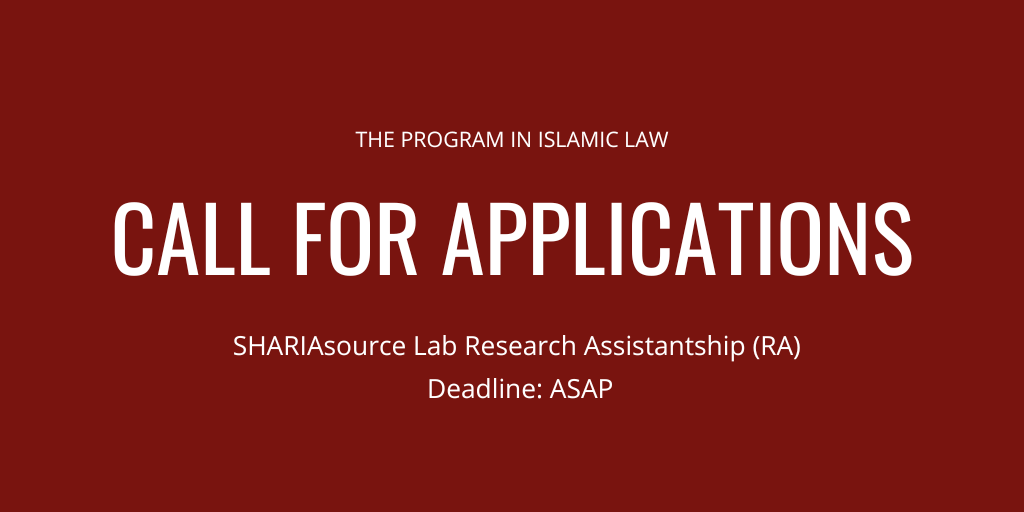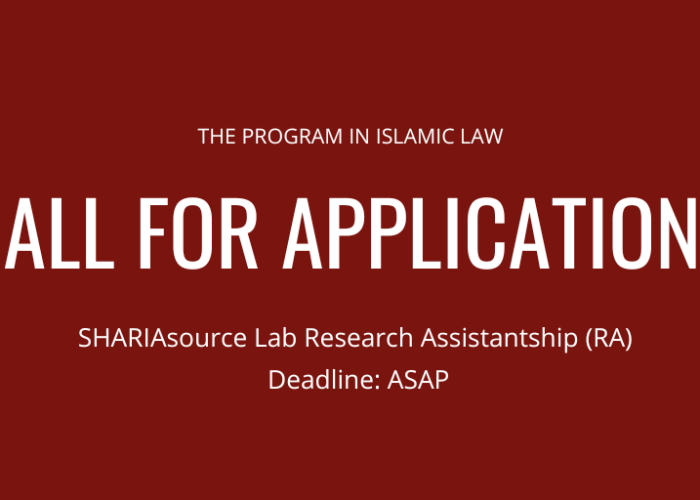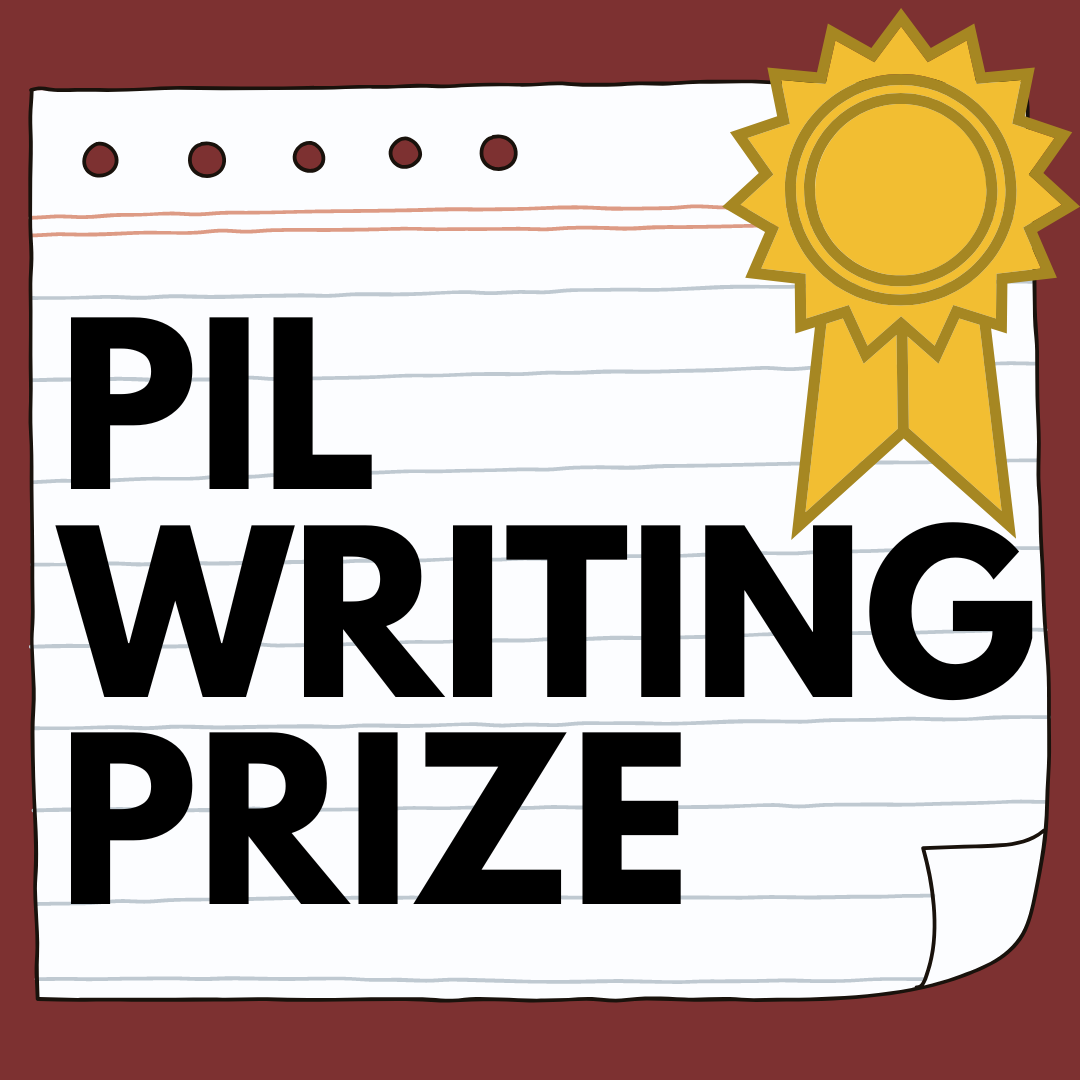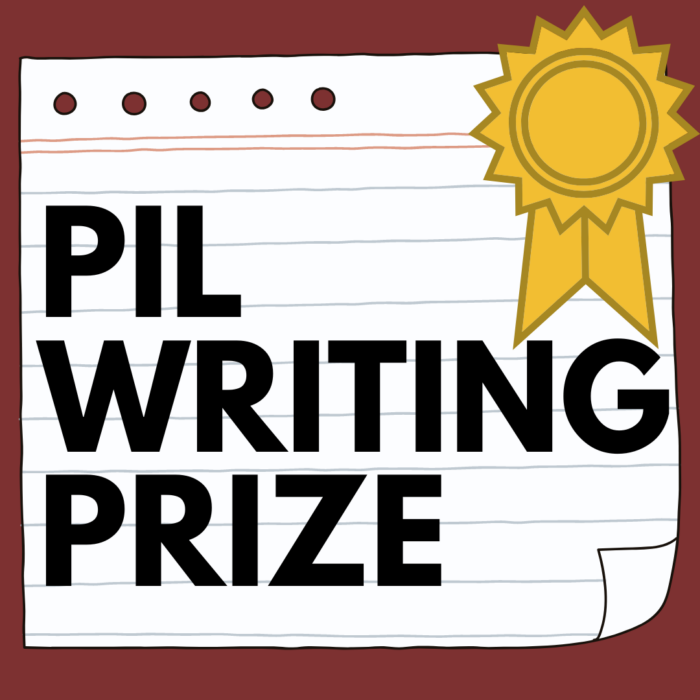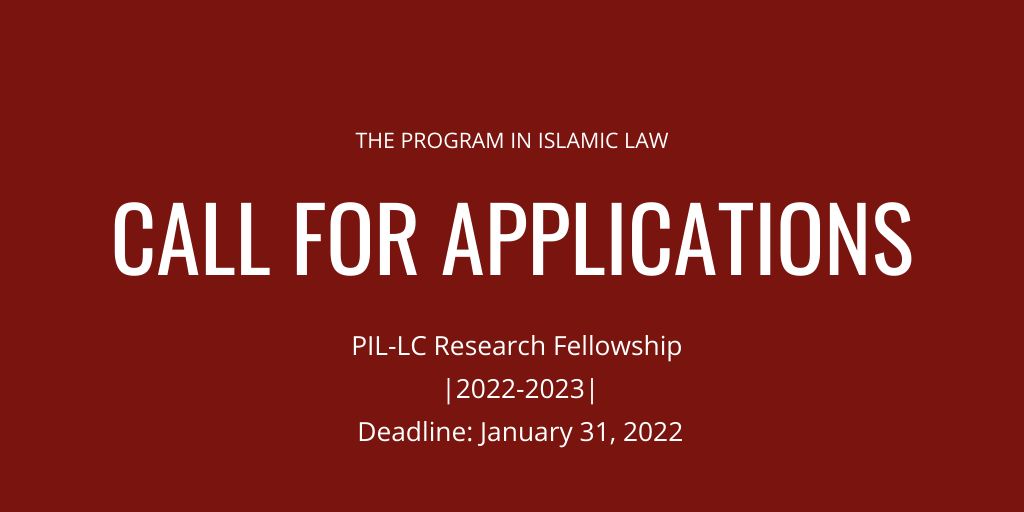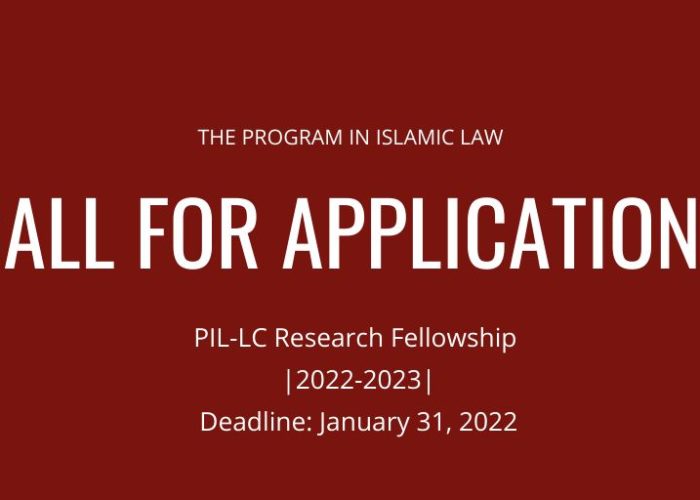Call for Submissions: Journal of Islamic Law Special Issue
Posted on January 26, 2024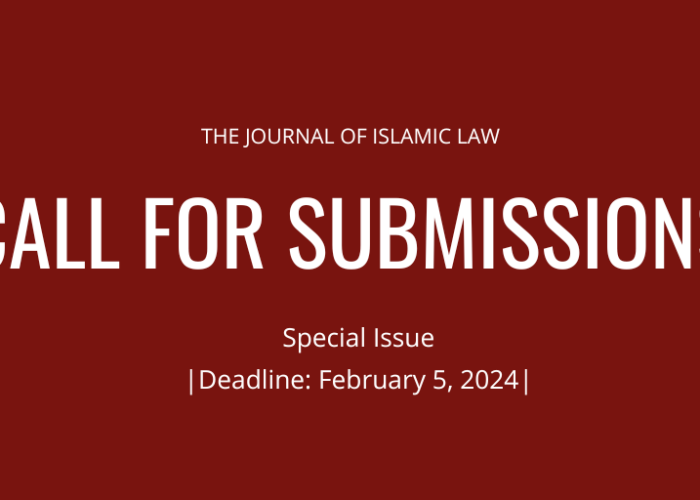
Call for Papers:
Authority and Jurisprudence: The Interplay of Governance and Islamic Law
The Journal of Islamic Law invites papers that study how political authority and governance function as a branch of Islamic law and their intersection with fiqh. From the Islamic Middle Ages to the present day, the administrative-political rubrics of sīyāsā (governance) and qānūn (sultanic law) have shaped several spheres of Islamic law, among them criminal justice, financial administration, and courts of readdress. The Abbasids and the Ottomans used sìyāsā and qānūn respectively to legitimize their legislative authority and non-jurisprudential procedures. Colonialism or European imperialism built on this political-religious dichotomy and created new legal separations in the form of Islamic Law and the laws of European empires.
Scholars have debated the contours of sīyāsā and qānūn, with some declaring these administrative-political approaches as aligned with jurisprudence (fiqh), and others referring to them as extrajudicial frameworks rooted in foreign and external influences. But we still know little about the origins of sīyāsā, the continuity between it and qānūn, and the reasonings that underpinned these non-jurisprudential practices. Further work remains to be done on how colonialism and European imperialism transformed these political-legal dynamics in the Islamic world. This includes a thorough investigation into the extent to which modern interactions between political authority and Islamic law diverge from, or adhere to, historical paradigms, as well as an analysis of contemporary interpretations and applications of these frameworks.
This special issue calls for work that will expand our understanding of the evolution and/or functioning of sīyāsā and qānūn and other forms of government law in relation to Islamic law, from the birth of Islam to the present day. Thematically, we invite papers that show the adaptation, borrowing, and creativity involved in the development of governmental law in the Islamic world and its relationship with fiqh, especially in the context of authority, continuity, and expediency. We welcome papers that place these evolutions in comparison with other global articulations of governmental law, such as Roman law, Imperial Chinese law, and common law, with the aim to begin to develop a more comprehensive understanding of how Islamic law and governance shaped each other.
We seek articles of up to 15,000 words. To signal interest, please submit a proposed title and abstract of 250–500 words by February 5, 2024, using our online submissions portal. Once accepted, soon thereafter, the deadline for the submission of full drafts is February 26, 2024, after which the paper goes through a process of peer review, a final decision on acceptance, editing, and publication. This special issue of the Journal of Islamic Law is edited by Mohammed Allehbi ([email protected]), research fellow at Harvard Law School’s Program in Islamic Law, and will be published in April 2024. For further questions, please contact us at [email protected].


